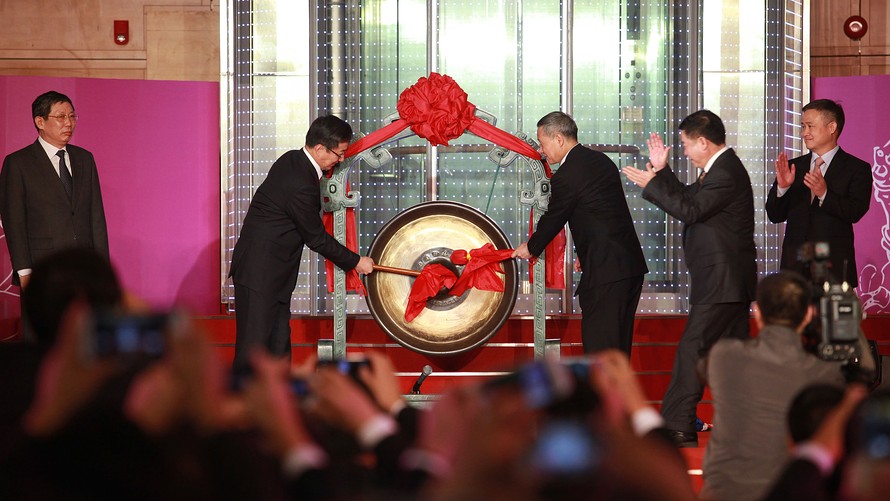
In a landmark move, index provider MSCI on Friday included more than 230 Chinese stocks, known as A-shares, in its emerging market indexes.
A-shares are the stocks of Chinese companies incorporated on the mainland, quoted in renminbi, and listed in Shanghai and Shenzhen. The move should bring billions of dollars into the Chinese stock market as passive, index-tracking money managers and active fund managers competing against benchmark indexes readjust their holdings.
Here’s what investors need to know:
What will happen?
MSCI will gradually include China’s A-shares in their benchmark MSCI Emerging Markets 891800, +0.85% All Country World Index 664204, +0.75% and China Index. The initial 5% inclusion will be split into two phases, according to Franklin Templeton Investments. The A-shares will have a weighting of 0.4% in the MSCI Emerging Markets Index in June, rising to 0.796% in September. The MSCI Emerging Markets index tracks $1.9 trillion of securities.
As one of the largest financial markets in the world, investors have clamored for index providers to add A-shares, Chinese stocks listed in Shanghai and Shenzhen. Shanghai’s stock exchange has a market cap of 32.07 trillion yuan ($5 trillion) and Shenzhen’s exchange has a market cap of 22.4 trillion yuan ($3.49 trillion)
Investors who hold exchange-traded funds benchmarked to these indexes such as the iShares Core MSCI Emerging Markets ETF EEM, +1.40% will end up owning China A-shares.
Why is MSCI including China?
The difficulty of moving money in and out of China’s financial markets had stood in the way of the inclusion. Money managers and exchange-traded funds who deal with redemptions everyday need to be able to buy and sell at will.
With the introduction and growing use of Stock Connect, a trading program that allows two-way trading between Hong Kong and China, cross-border flows have ramped up. Such considerations have helped ease concerns over a market marked by heavy government intervention and a lack of investor protections.
“The Stock Connect is what’s really changed,” said Brendan Ahern, chief investment officer at KraneShares, a provider of exchange-traded funds focused on Chinese equities.
Can’t investors already get exposure to Chinese stocks?
Shares of some Chinese companies are listed on the Hong Kong stock exchanges and in the U.S., where many tech firms like Alibaba BABA, +3.20% chose to list. But they only represent a sliver of the total universe available to investors.
Before recent steps to widen access to China’s stock market, A-shares were only open to a select number of qualified financial institutions. That kept shares out of the hands of smaller investors who didn’t have the wherewithal to earn regulatory approval in Beijing.
Stock Connect has allowed more foreign investors to gain exposure to Chinese A-shares ahead of the MSCI decision. A survey by Copley Fund Research showed that 180 global emerging market funds have funneled around $1.2 billion into A-shares over the last 12 months.
What are investor concerns?
Though the move would increase the visibility of Chinese equities to outside investors, for many, concerns surrounding the country’s equity markets linger.
The Wall Street Journal reported that funds trying to regularly make large buy and sell orders are likely to receive increased scrutiny and outright warnings from securities regulators. Some are also worried by how circuit breakers employed in the 2015 selloff stopped trading for many stocks listed in China.
Unlike equities in the U.S. and Europe, China’s volatile stock markets are heavily traded by mom-and-pop investors rather than deep-pocketed money managers. Eighty six percent of A-shares are held by retail investors who tend to have short-term trading horizons and are seen as quicker to panic.

